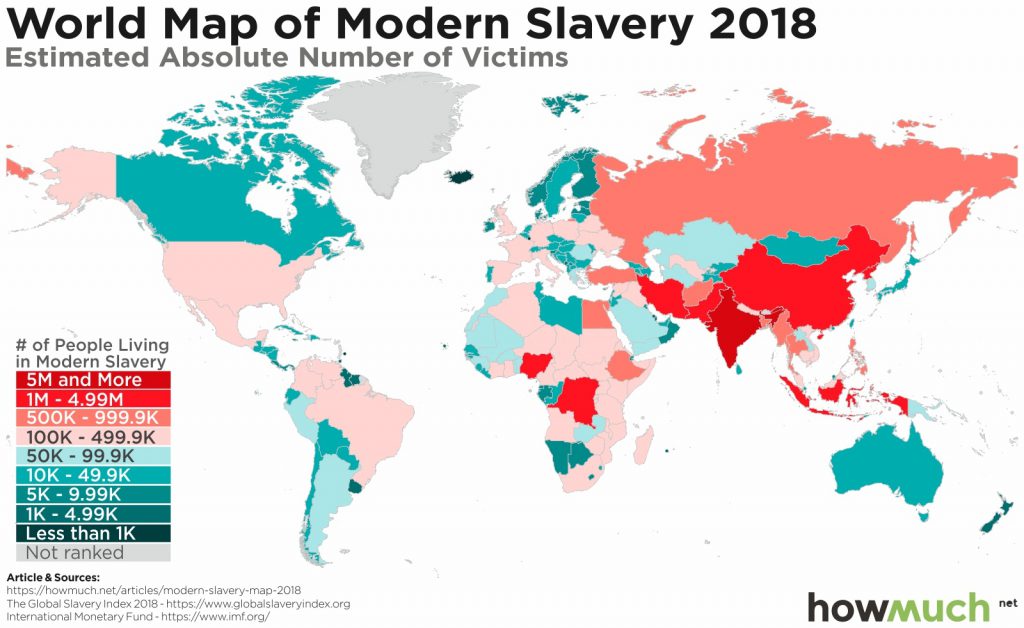I read an article where someone proposes to rename the role Scrum Master, following the latest trend of renaming everything that contains the word Master.
We shouldn’t remove the word Master from our vocabulary. It is not the opposite of slave. Coming from latin magĭster (derives from magis «more») and means who knows a discipline so well that is capable of teaching it to others. Master is who masters an art, a technique, a skill, a competence, a process, a discipline, a subject or a topic.
Having issues with this word means having issues with competence and knowledge at the highest level. If in few countries and modern languages the meaning has been distorted, it is time to go back to its original meaning rather than avoiding its use.
If we really want to eliminate something, we should work on eliminating slavery, formal and informal subjugation, in any form, everywhere.
Rather than spending our energy to remove the word Master from our dictionaries, coding terms, github, brands, roles.
Rather than getting just distracted from the real problem, we should focus our attention and efforts to remove all sorts of slavery, discrimination, biases, injustice.
Going back to renaming Scrum Master, this role is famously known as a servant leader, an agile coach and so it is the least of the roles that would need to be renamed or reframed.
Scrum Master is not a people manager, not a command and control actor. Scrum master doesn’t have any other power than empowering people.
Scrum Master is a coach and his only purpose is to support people, teams, organisation to incrementally and continuously improve themselves.
Faithful to the original latin meaning, the Scrum Master possess and masters knowledge and transfers it to others.
What I am saying is that in the case of Scrum Master there is no need to redefine the word, the name, the meaning or the concept as it is already defined as Servant Leader.
As no human is born to be the master of another human, we should keep the word Master to hold the idea that everyone should master his own life and skills.
Words are important and language shapes the way we think.
Yet, as John Shook says, the way to change culture is not to first change how people think, but instead to start by changing how people behave—what they do.
In our society we need to change the way we act and relate to each other.
There are still slaves in every country: children, women, men, non paid or underpaid people, workers without decent conditions.
Unfortunately, there is not a single part of the world free from human using and abusing others.
Who and why is trying to distract the attention from the real problem and real solutions?
We should be working with humanitarian associations, NGOs, lawmakers to change regulations, practices, improve pitfalls of all justice systems, bad law enforcement practices, tortures, inequality.
We have never been so globally informed and aware of all these issues.
We possess data and we have plenty of studies around environments where governance doesn’t create the conditions for equality.
By eliminating a word we don’t eliminate the problem. Paradoxically, we make it more difficult to describe it and address it.
As a picture is worth a thousand words, focus on the big picture rather than one small word.
